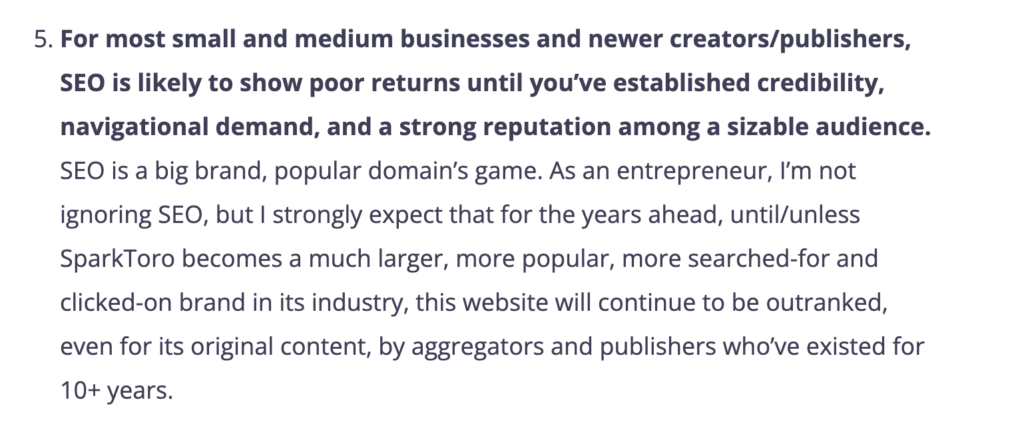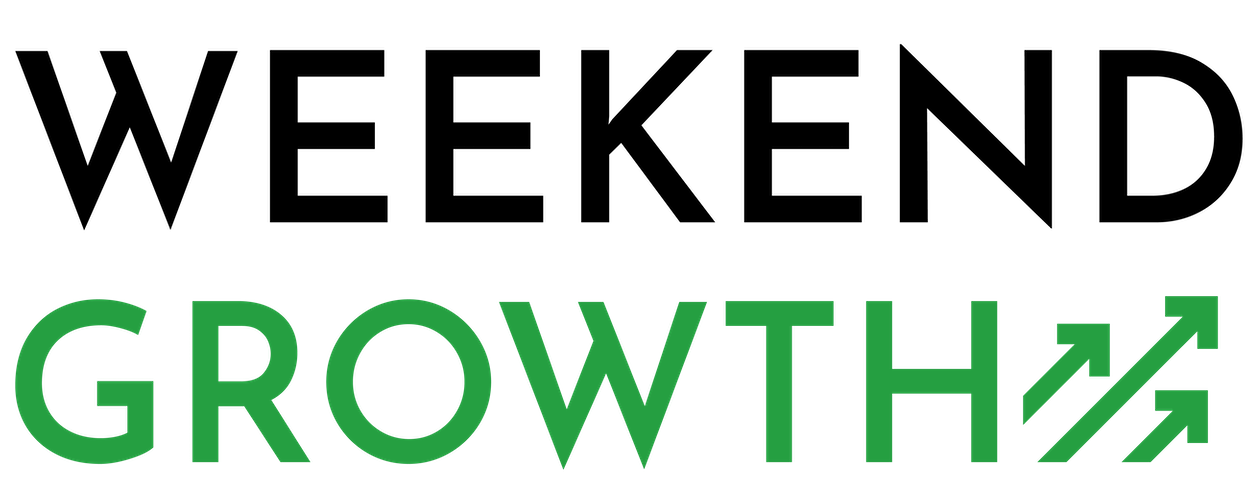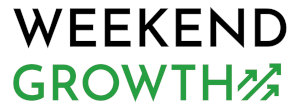Wow, what a whirlwind of insights! Recently, a massive leak of Google’s internal API documentation has shed light on some of the most closely guarded secrets about how Google’s search algorithms operate. This leak, which spans over 2,500 pages and includes 14,014 attributes, provides unprecedented transparency into the workings of Google Search.
Mic from iPullRank and Rand Fiskin teamed up to give us the breakdown and analysis. [iPullRank article] [Rand’s article]

Below, I’ve pulled out the high level details for you. But it’s just a summary. I recommend setting aside 30-60 minutes to read everything Mic and Rand published. It’s wonderfully done.
Why This Leak Matters
Most of us agree that this leak confirms many suspicions that SEO experts have had for years and exposes some surprising truths. And by suspicions, I really should say corollary and/or causal data that has been shown to be evidentially true.
To be fair, do keep in mind that (by the same logic) it ALSO confirms many of the things they’ve been telling us for years.
But there’s something about half-truths that don’t make anyone feel too good.
1. Clicks and User Engagement are Crucial
For so many years, Google denied any impact of user engagement on rankings. Anti-trust info started to wear down their argument last year, but the leaked documents confirm that user clicks and engagement metrics (such as CTR and long vs. short clicks) seem to significantly influence rankings.
Systems like NavBoost and Glue use these metrics to adjust search results dynamically.
Action Step: Monitor user engagement and optimize for clicks.
2. Domain Authority Exists
Contrary to Google’s repeated denials, the leaked documents reveal the existence of a “siteAuthority” metric that functions similarly to the concept of domain authority.
This has been so painfully obvious in the SERPs for a good number of years now. But whatever you want to call it (DA, DR, web authority score), it’s in the leaked data.
As with all things in this leak, you could make the case that just because it’s in there doesn’t mean they actively use it. But Google results would most certainly argue otherwise in this case.
Rand said it best…

Action Step: Build authority by getting/earning high-quality backlinks from reputable sites.
Use your SEO chops to dominate on Pinterest. If your content site was hit by Google algorithms, I’m convinced that Pinterest is the best way to capitalize on your skill sets. Tony Hill’s course is $100 off this week and shows you exactly how to use an SEO approach to scaling on Pinterest, across 70+ in-depth, robust lessons. Get it here!
3. Sandbox for New Sites
The leak confirms the existence of a “sandbox” for new sites, where they are temporarily held back from ranking well until they gain sufficient trust signals. This is documented under “hostAge”.
Action Step: Be patient with new sites, while also using social proof, backlinks, and user engagement to build trust quickly.
4. Re-ranking with Twiddlers
Google uses re-ranking functions called Twiddlers to adjust search results just before they are displayed. These functions can boost or demote content based on various criteria, including user behavior and content quality.
Action Step: update your content regularly and pay attention to user experience on page.
5. Internal Linking Practices
The importance of internal linking was highlighted, especially regarding the relevance of the links and the anchor texts used. Effective internal linking can significantly impact your site’s SEO performance. The documents specifically mention the issues with irrelevant internal links and non-descriptive anchor texts.
So much data has already been published on this. Cyrus Sheppard connected these dots in his case study. I show you some best practices for internal linking here. I’ve always recommended Link Whisper because it allows you to easily control the anchor text (note: coincidentally it’s a whopping $45 off this week!)
Action Step: Audit your internal links and optimize the anchor text.
May is almost over, which means its time send out my monthly Amazon Influencer report. If you want to receive, you have to sign up for the list (its free and simple) – you can do so HERE.
6. Travel Sites and User-Generated Content (UGC)
Glen Allsopp noted that travel sites and user-generated content (UGC) are specifically mentioned in the leak.
These two sectors have been in the Google news a lot lately, with one rising considerably in recent updates (UGC) and the other dropping considerably (travel sites).
7. Election News and Whitelists
The leak suggests that Google employs whitelists for specific types of content, such as election news, to ensure that authoritative and accurate information is presented during critical times.
Conclusion
This unprecedented leak provides a ton of insights that help add clarity around a lot of topics SEOs discuss. It’s incredibly fun to read through, and there is a lot to consider. For many, this will confirm a lot of things they long believed. For others, this will be a bit of a shock to the system.
My high level takeaways? User experience will continue to matter more and more. Building true brand authority online is vital. Google is one player in the larger ecosystem of how people find and discover content. This leak didn’t change a lot of that.
Keep doing the things that work. Keep learning. And keep an open mind!
P.S. Don’t forget about Tony’s Pinterest Course, open through the end of the week and $100 off. I’m now 100% convinced that Pinterest is the best place for content sites to apply their SEO chops. This course shows you exactly how. Plus, he added a new bonus today (3 months of support in his private community, so you can ask all the questions that you have along the way).

